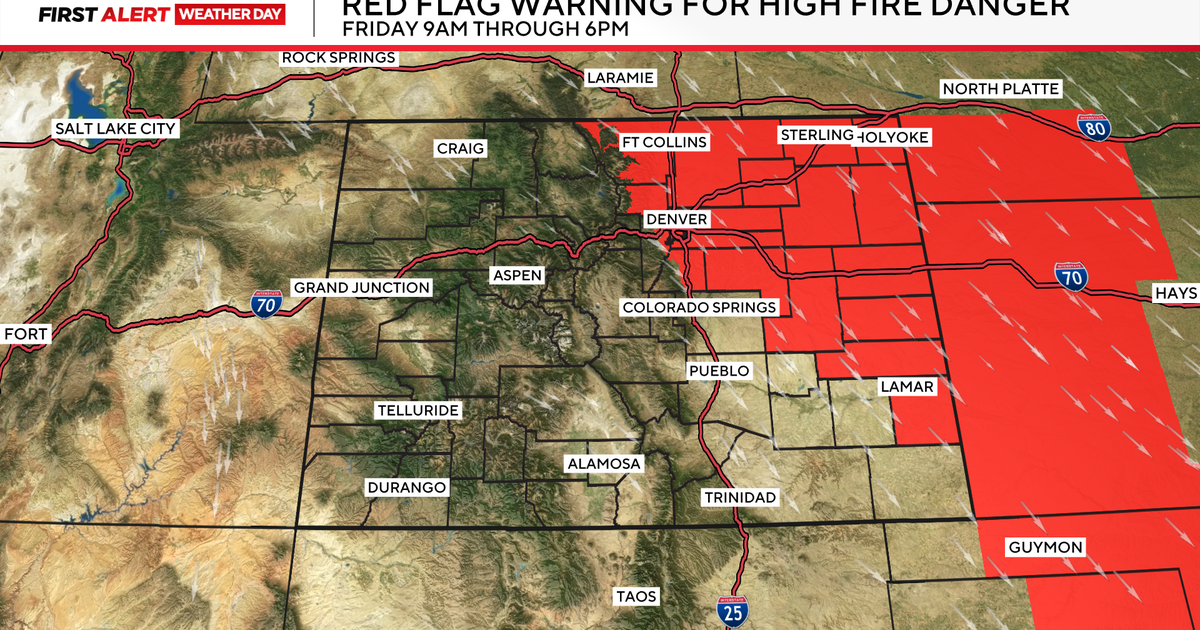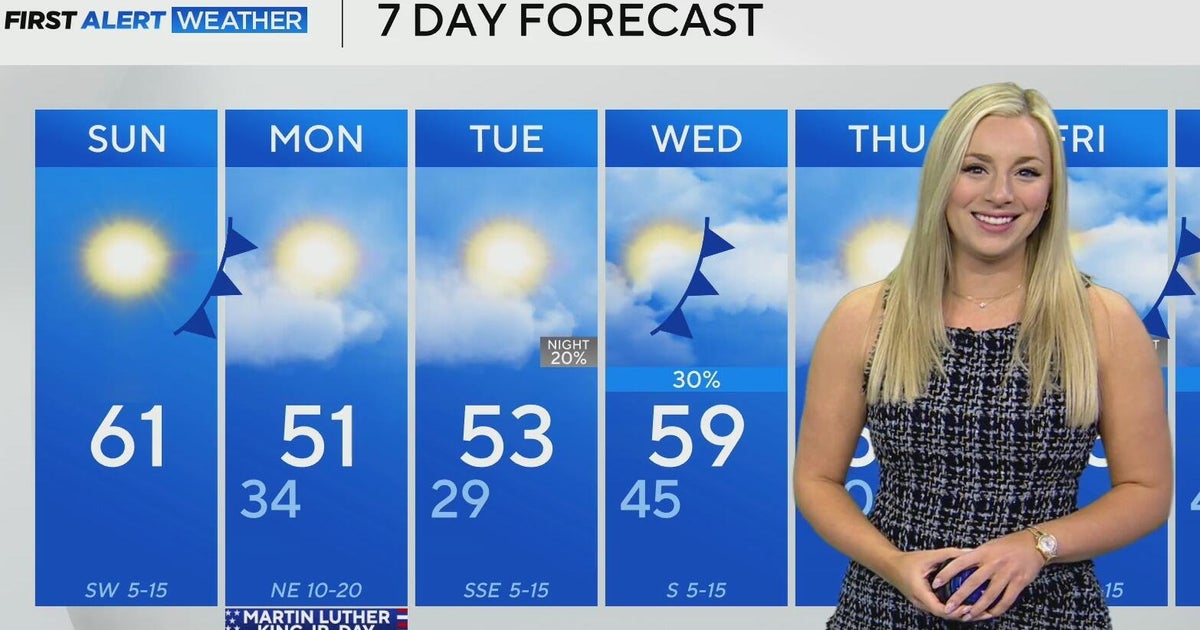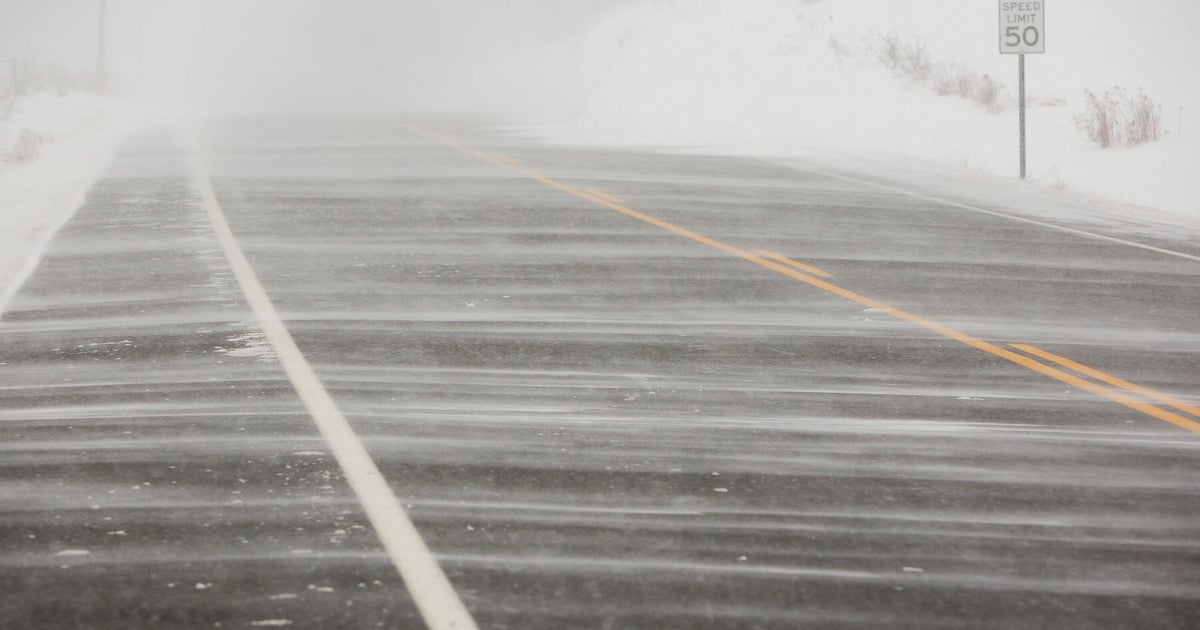Hurricane Maria Weakens Slightly As It Moves North
Follow CBSMIAMI.COM: Facebook | Twitter
MIAMI (CBSMiami) – Hurricane Maria is gradually getting weaker as it moves north in the western Atlantic off the U.S. east coast.
Residents along the Carolina and mid-Atlantic coasts should be monitoring the progress of the storm very closely.
At 11 p.m. Maria was located about 385 miles south-southeast of Cape Hatteras, North Carolina. It is moving to the north at 9 mph.
Maria is moving toward the north near 8 mph (13 km/h), and this general motion with some decrease in forward speed is expected through Tuesday. On the forecast track, the core of Maria will move well east of the southeast coast of the United States during the next day or so.
Maximum sustained winds have decreased to near 90 mph (150 km/h) with higher gusts. Additional slow weakening is forecast during the next 48 hours.
Maria is a large hurricane. Hurricane-force winds extend outward up to 60 miles (95 km) from the center and tropical-storm-force winds extend outward up to 230 miles (370 km).
The minimum central pressure estimated from Hurricane Hunter aircraft observations is 950 mb (28.06 inches).
HAZARDS AFFECTING LAND
WIND: Tropical storm conditions are possible within the watch area beginning Tuesday.
STORM SURGE: The combination of a dangerous storm surge and the tide will cause normally dry areas near the coast to be flooded by rising waters moving inland from the shoreline. The water is expected to reach the following heights above ground if the peak surge occurs at the time of high tide...
Cape Lookout to Duck including the sound side of the Outer Banks...2 to 4 ft
Surge-related flooding depends on the relative timing of the surge and the tidal cycle, and can vary greatly over short distances. For information specific to your area, please see products issued by your local National Weather Service forecast office.
SURF: Swells generated by Maria are increasing along portions of the southeastern United States coast and Bermuda and will be increasing along the Mid-Atlantic coast tonight and Monday. Swells also continue to affect Puerto Rico, the Virgin Islands, the northern coast of Hispaniola, the Turks and Caicos Islands, and the Bahamas. These swells are likely to cause life-threatening surf and rip current conditions.







